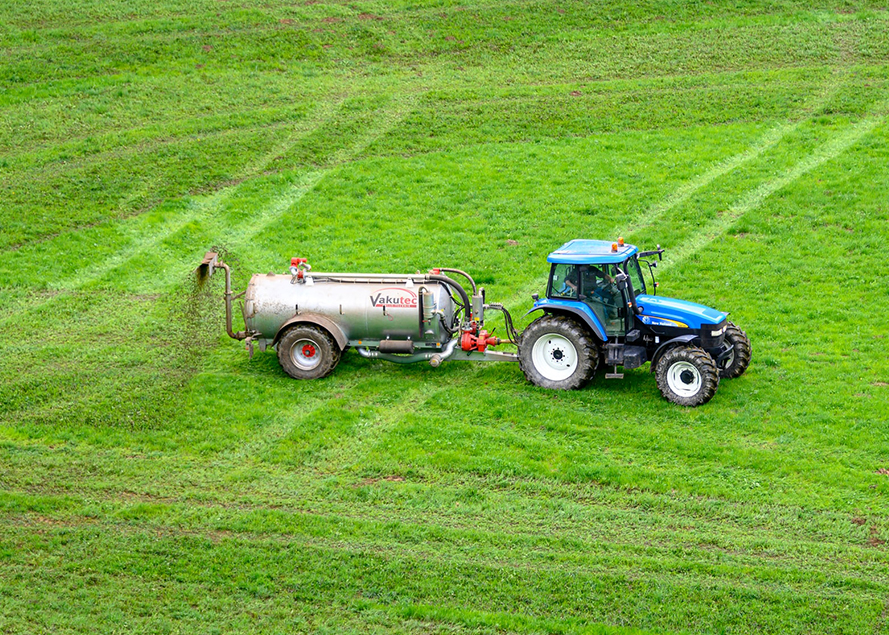While the war in Ukraine disrupts the world supply of fertilizers, biotechnology can offer help.
Fertilizer prices are at an all-time high, up as much as 70% over last year, according to Bloomberg, as a result of Russia’s invasion of Ukraine, which has disrupted supplies. Russia accounts for one-fifth of fertilizer exports globally, and Russia and Belarus together supplied 15% of the world’s fertilizer, according to Statista.com.
“For the first time ever, farmers the world over—all at the same time—are testing the limits of how little chemical fertilizer they can apply without devastating their yields come harvest time,” according to Bloomberg. “Lower fertilizer use risks engendering malnutrition, political unrest and, ultimately, the otherwise avoidable loss of human life.”
Even in the least-disruptive scenario, rising synthetic fertilizer prices will result in reduced agricultural yields and increased grocery-store prices for everything from milk to beef to packaged goods, for months, if not years, across the industrialized world, Bloomberg said. In developing economies already confronting high levels of food insecurity, lower fertilizer usage risks causing hunger, political upheaval, and, ultimately, the unnecessary loss of human life.
Biotech alternative for traditional fertilizers
The fertilizer crisis is driving investors and farmers to biotech solutions, The Wall Street Journal reported. Companies such as Pivot Bio, Kula Bio, and Anuvia are pushing the development of farm fertilizers by harnessing microbes or plant-based products to deliver nutrients that corn and other crops need, and they intend to replace conventional fertilizers derived from natural gas or mined underground, the newspaper said.
Another example is that of Bayer and Gingko Bioworks, two members of Biotechnology Innovation Organization (BIO) who recently announced a partnership to develop biological crop solutions with a “focus on the advancement of Joyn’s marquee nitrogen fixation program.”
Joyn Bio, a 2017 joint venture between Ginkgo and Leaps by Bayer, has since created a new class of microbial treatments. As their website explains, Joyn engineers microorganisms to improve naturally occurring processes such as nitrogen fixation, providing producers with more dependable crop protection and nutrition solutions while decreasing environmental impact.
“Bayer, Ginkgo, and Joyn share a common vision, which is to enable biological products to be a critical part of the solution to the world’s greatest agricultural and environmental challenges,” said Jason Kelly, CEO and cofounder of Ginkgo Bioworks.
BIO: Clearer approval process needed
Innovations in genetically engineered (GE) microbes can unlock the potential for biology to transform industries, according to BIO.
“But these breakthroughs are dependent on a clear, timely, and science-based regulatory approval process that provides a viable path to market,” according to BIO’s Issue Brief.
Referring to USDA’s effort to reform biotechnology regulations, BIO’s Issue Brief said that the revised rule “only provides new regulatory processes for plants, leaving microbe developers with an opaque and unpredictable pathway to commercialization.” BIO urged reforms that “afford the same predictability and processes for determining the regulatory status of non-plant GE organisms.”




